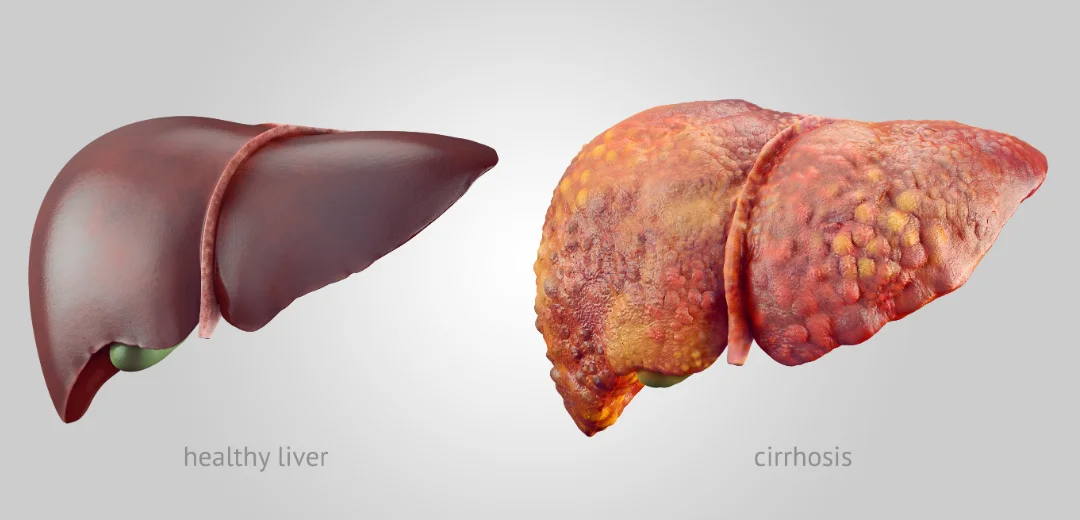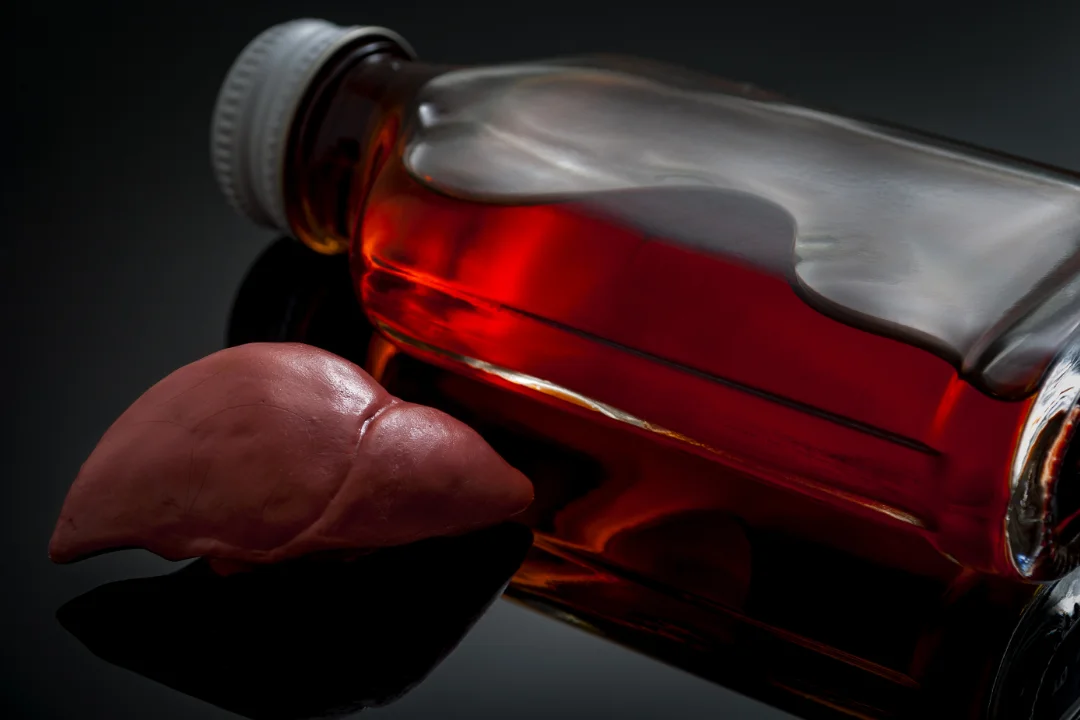Many of us have had our moments of late-night alcohol binges or occasions where we’ve had one too many pints of beer. When repeated, these instances could adversely affect our liver — the main organ responsible for the detoxification of alcohol.
The liver is a large organ located at the upper right-hand portion of the abdominal cavity and is responsible for performing many bodily functions, such as filtering toxins from the blood, aiding in digestion, and maintaining healthy levels of cholesterol and sugar.
This means that the liver also helps filter alcohol (a toxin) so that it can be removed from the body. However, each time the liver does this, some of its cells die. Prolonged alcohol use can reduce its ability to regenerate.
How Does the Liver Process Alcohol?
More than 90% of alcohol is metabolised by the liver, and generally, it can process one standard drink in an hour. Anything more than this leads to saturation of alcohol in your system, causing it to accumulate in the blood and body tissues until it is metabolised. “One drink” refers to:
- One bottle of beer (12 ounces)
- One shot of liquor (1.5 ounces)
- One glass of wine (5 ounces)
These are rough estimates and depend on the alcohol content of each drink.
There are two main enzymes in the liver that help metabolise the alcohol in our system: alcohol dehydrogenase (ADH) and aldehyde dehydrogenase (ALDH).
ADH first metabolises alcohol to acetaldehyde, which is further broken down to acetate, and, eventually, water and carbon dioxide. Acetaldehyde, in particular, is toxic and can damage tissues in the body.
What Are the Effects of Alcohol on the Liver?

As mentioned earlier, the alcohol is broken down into a number of intermediate substances until it is eventually converted to carbon dioxide and water.
However, this process creates substances (such as acetaldehyde) that, in large amounts, damage the liver cells. If prolonged, this affects the liver’s ability to regenerate and can cause permanent damage to the liver (liver fibrosis/cirrhosis). In fact, more than 90% of people who drink heavily develop fatty liver disease, and 20% go on to develop more severe alcoholic liver disease and liver cirrhosis.
Alcohol-associated fatty liver disease (AAFLD) is the earliest stage of alcohol-related liver disease. This refers to the build-up of fat in the liver. Patients with AAFLD are often asymptomatic.
Can Alcohol-related Fatty Liver Disease lead to Alcoholic Hepatitis?
Alcoholic hepatitis refers to inflammation of the liver caused by alcohol. In short, yes, fatty liver disease is usually the first stage of alcohol-related liver disease. This could progress to alcoholic hepatitis, liver fibrosis or cirrhosis.
Why is Alcoholic Hepatitis Dangerous?

Alcoholic Hepatitis can worsen and result in the most severe form of alcohol-related liver disease — liver cirrhosis.
Cirrhosis refers to the late stage of scarring of the liver, which impairs its functionality. Cirrhosis can cause complications such as swelling in the legs and abdomen, internal bleeding, malnutrition, hepatic encephalopathy and an increased risk of liver cancer.
How Does Liver Cirrhosis Lead to Liver Cancer?
Although the exact causes are not definitive, studies have shown that scar tissue formed in the liver could potentially block the flow of blood through the liver, keeping it from working as well as it should. This, in turn, could increase the risk of liver cancer and extrahepatic malignancies.
How Much Alcohol is Too Much?
Generally, the recommended alcohol intake limit a day should be two drinks for men and one drink for women.
Too much alcohol in one sitting will overwhelm the body’s ability to break down and clear alcohol from the bloodstream. This is why alcohol abuse can lead to severe liver damage.
Summary
While drinking can be considered a form of recreation - and one does not have to quit alcohol entirely - it is important to drink in moderation.
Excessive alcohol consumption can lead to alcohol-related diseases such as fatty liver or liver cirrhosis. Liver cirrhosis is irreversible and turns healthy, functioning liver cells into scar tissue, which also, in turn, predisposes one to liver cancer. Should signs and symptoms occur, please consult a Gastroenterologist.
References
- Mousa, Omar. “Effects of alcohol on health and liver.” Mayo Clinic Health System, 3 September 2021, https://www.mayoclinichealthsystem.org/hometown-health/speaking-of-health/effects-of-alcohol-on-your-health-and-liver
Accessed 1 February 2023. - Paton, Alex. “ABC of alcohol: Alcohol in the body.” NCBI, https://www.ncbi.nlm.nih.gov/pmc/articles/PMC543875/
Accessed 1 February 2023. - “How Many Ounces in a Pint of Beer?” Renegade Brewing, https://renegadebrewing.com/how-many-ounces-in-a-pint-of-beer/
Accessed 6 February 2023. - “NIAAA Publications.” NIAAA Publications, https://pubs.niaaa.nih.gov/publications/aa72/aa72.htm
Accessed 6 February 2023.

